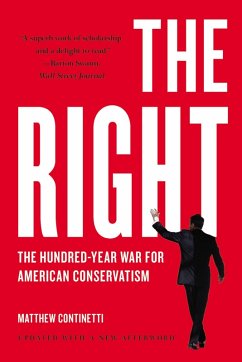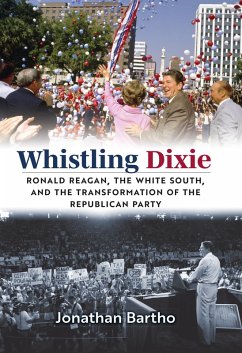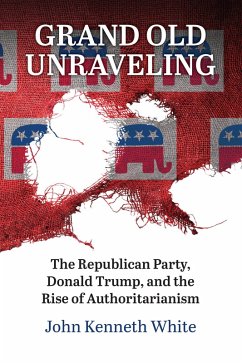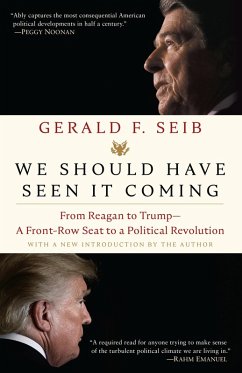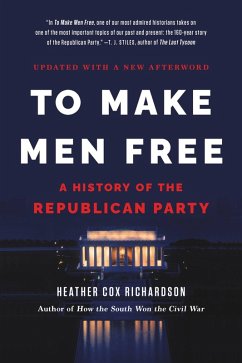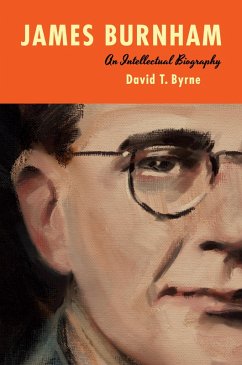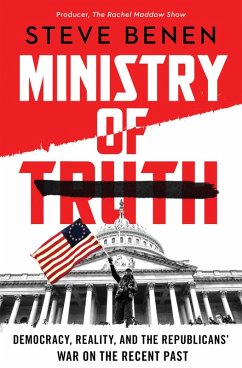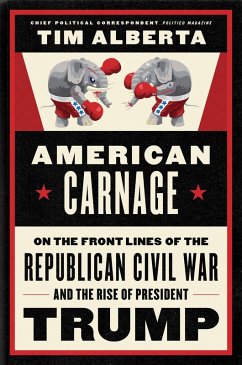
Uniting America (eBook, ePUB)
How FDR and Henry Stimson Brought Democrats and Republicans Together to Win World War II

PAYBACK Punkte
3 °P sammeln!
The untold story of the most crucial bipartisan alliance in United States history. As Adolf Hitler's Nazi armies threatened Europe, Democratic President Franklin D. Roosevelt urged a divided America to mobilize to defend democracy and freedom. Many Republicans accused FDR of leading the nation needlessly into war and demanded that America remain neutral. On June 20, 1940, FDR shocked the country by announcing that two prominent Republicans would take posts in his cabinet. Henry Stimson, former President Herbert Hoover's secretary of state, became secretary of war, and Frank Knox, the Republica...
The untold story of the most crucial bipartisan alliance in United States history. As Adolf Hitler's Nazi armies threatened Europe, Democratic President Franklin D. Roosevelt urged a divided America to mobilize to defend democracy and freedom. Many Republicans accused FDR of leading the nation needlessly into war and demanded that America remain neutral. On June 20, 1940, FDR shocked the country by announcing that two prominent Republicans would take posts in his cabinet. Henry Stimson, former President Herbert Hoover's secretary of state, became secretary of war, and Frank Knox, the Republican vice-presidential candidate in 1936, became secretary of the navy. Roosevelt intended the appointments to build national unity. But building a coalition across party lines was a risky move that could have backfired politically. It also placed a bipartisan relationship at the center of America's confrontation with global fascism. FDR's Republican allies went on to play critical roles in leading the war effort, and many bills passed Congress during the war years with strong backing from both parties. Following Roosevelt's death, Stimson continued to champion bipartisanship under President Truman in the closing chapter of the war. This alliance stands as a historic example of united leadership in a nation scarred by political division. Uniting America is the first book to paint a full portrait of this extraordinary collaboration, tracing it back to its origins in 1933. Author Peter Shinkle reveals the true extent of bipartisanship during the war, including previously undisclosed information about Stimson's work with 1940 Republican presidential nominee Wendell Willkie and other Republicans who supported FDR. This fascinating and deeply researched book is a must-read for anyone who believes America must once again unite to defend democracy at home and abroad.
Dieser Download kann aus rechtlichen Gründen nur mit Rechnungsadresse in D ausgeliefert werden.




